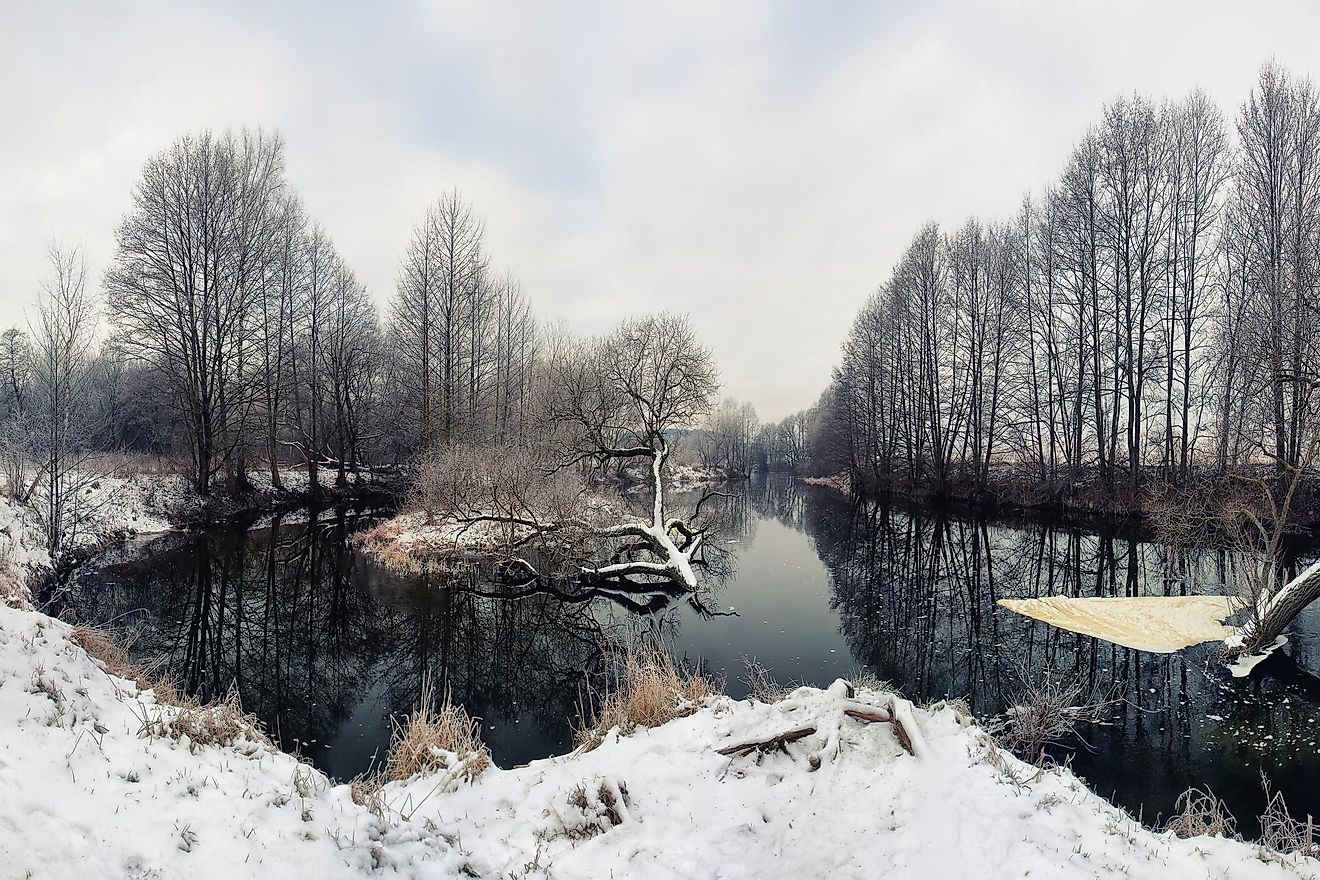Countries That Have Never Seen Snow

- Countries in the South Pacific like Vanuatu, Fiji and Tuvalu have never seen snow.
- Near the equator, most countries get very little snow unless they are home to mountains, which can have snowy peaks.
- Even some hot countries like Egypt get snow from time to time.
Snow: anyone who lives in places with distinct hot and cold seasons will tell you that snow is not only a meteorological phenomenon but a powerful cultural symbol as well.
Snow forms when the atmospheric temperature is at or below freezing (0 degrees Celsius or 32 degrees Fahrenheit). There also needs to be a certain amount of moisture in the air for it to snow. Funnily enough, it can be too warm to snow, but it can never be too cold. As long as it is there is enough moisture for water to form crystals, snow can appear.
While millions of people know the wonders of snow, of course, not everyone on Earth has experienced its power. In places that are near the equator, it is almost always too warm to snow. In otherwise tropical locations it can snow if there are mountains, such as in Ecuador, but at lower elevations, it is very rare. Ecuador sits right on the equator (hence its name), but you can find snow on its Cayambe volcano and even go skiing, for example.
Generally speaking, countries that are located in the tropics or from 0 to 23.5 degrees latitude get very little snow near sea level. A quick Google search will show you that even some of the hottest countries on Earth, like Kuwait and Egypt, can experience miraculous and unusual snowfalls from time to time, however.
If you are looking for absolutely no snow, you would be best to head to parts of South America or the South Pacific.
Venezuela
Venezuela is located next to Colombia in South America. Generally speaking, it is a hot place. The country is home to rainforests, savannas, cities, and wetlands, and is a tourist hotspot for those who like adventure. It also has a bit of the Andes peaking through in its southwestern corner. This made for an attractive spot for downhill skiing in the 1960s. Global warming has made the sport disappear from Venezuela however, and now the snow is said to remain no longer than about 24 hours on Pico Espejo, which was once a skiing destination. So, you might catch a glimpse of snow falling if you climb to Venezuela’s heights, but your snowman will have a short life.

Vanuatu
According to online reports, Vanuatu has never seen snow in living memory. It may have snowed on this island nation in the South Pacific but no one remembers it happening. Vanuatu is famous for its beaches, tropical weather, and active volcanoes. Home to many subsistence farmers that live in villages, It is also a tourist destination, and an exporter of beef, cocoa, and timber.
Fiji
Fiji is another tropical nation in the South Pacific Ocean that has very likely never witnessed a snowfall. Full of sunshine and palm trees, Fiji has been the backdrop for numerous seasons of the popular TV show Survivor, a fact that has drawn more tourists to it in recent years. Fiji is made up of hundreds of small islands that sit above New Zealand and east of Australia and is full of golfing, diving, fishing, surfing, and more. Major exports include sugar, molasses, fish, coconut oil, and gold.

Tuvalu
Tuvalu is a third country in the South Pacific with no snow. This tropical location is hot and humid with an average yearly temperature of about 86 degrees Fahrenheit (30 degrees Celsius) and little variation in weather from month to month aside from more or less rain. Most people living in this country rely on subsistence living and gather fish from the ocean to eat. They also rely on imported rice and other goods to eat.
Tuvalu faces a unique challenge as a nation. It is home to about 11,000 people and it is said to be sinking into the ocean due to global warming. Rising sea levels are threatening the future of this paradise-like nation.











